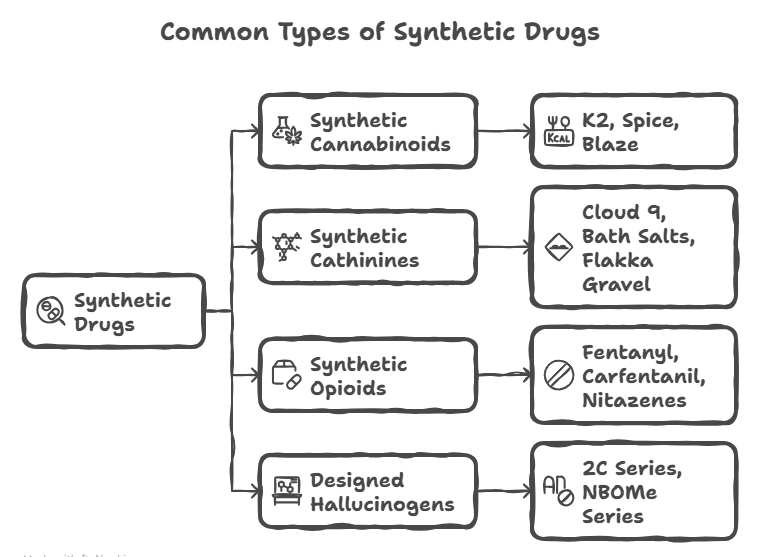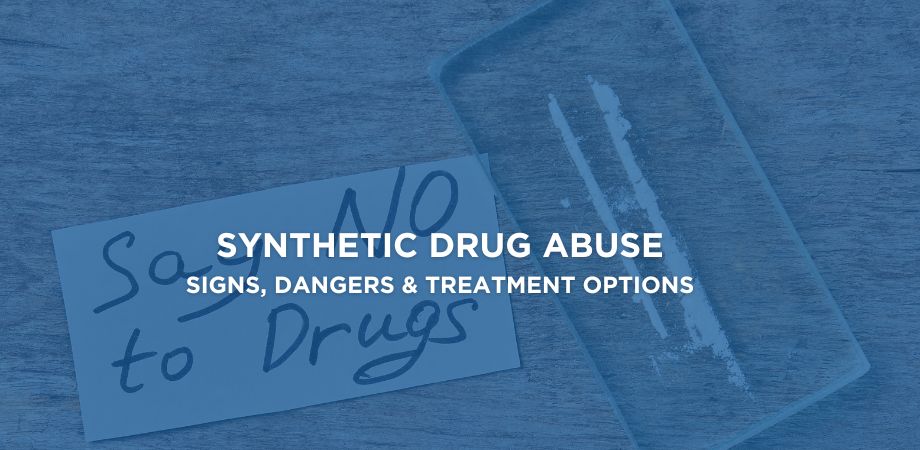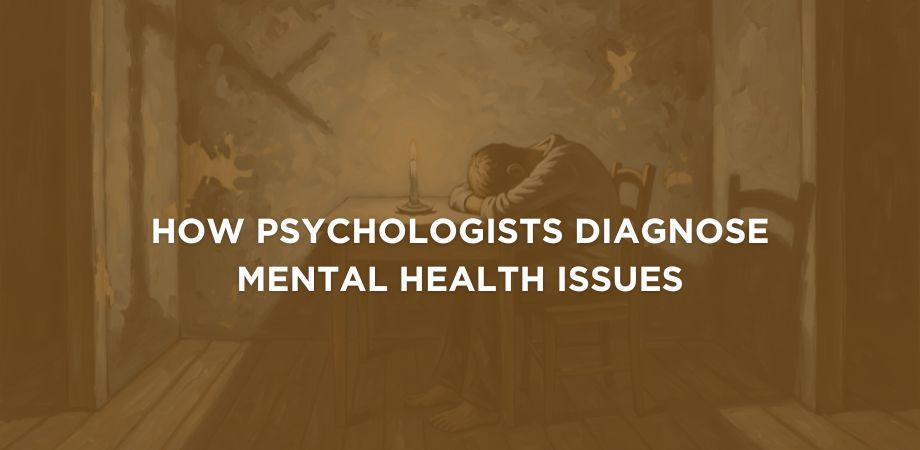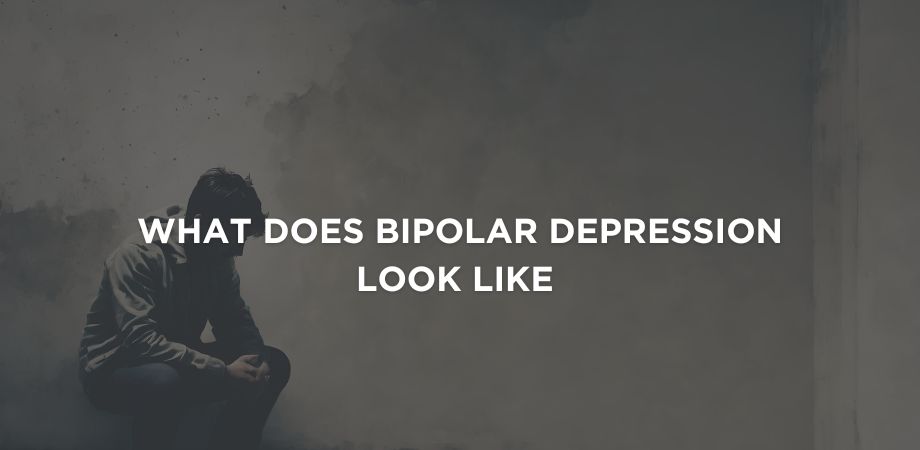Synthetic drugs are one of the most dangerous and unpredictable challenges in the fight against substance abuse. These drugs are sold on the pretext of being safe and legal ways to get high on the internet. In fact, stores or gas stations sell them as plant food or research chemicals.
Synthetic drugs are commonly misused for their euphoric or psychedelic effects that induce short-term happiness in the user. However, the chemical formula of synthetic drugs is altered or rebranded to evade existing laws and authorities. This makes them highly volatile and dangerous compared to the counterparts they were designed to mimic. They are sold under deceptive names and pose a major threat to public health and safety.
Synthetic drug abuse is a major issue around the world, with 292 million people globally using illicit drugs. This is a 20% increase over the previous decade. Additionally, the International Narcotics Control Board, in its 2024 annual report, stated that the use of synthetic drugs is increasing. Additionally, they stated that governments should step up to prevent the use of these harmful substances
Synthetic drug abuse is a major issue at hand and has some serious consequences. Let’s learn more about it and how to tackle the problem if you or a loved one is using or addicted to them.
What are Synthetic Drugs?
Synthetic drugs are new psychoactive substances (NPS), which aim to replicate the effects of traditional drugs, like cannabis, cocaine, or MDMA. The chemical structure of these drugs is different from the ones they’re trying to replicate. This formula is altered constantly to evade rules and regulations. So, the dosage may vary from one packet to another, making them highly volatile.
The drugs are not quality tested as they are not regulated, so it’s difficult to decipher what contents are in them. Some of these drugs are marketed as legal or safe, but there is no research or evidence to back the claim. In fact, the risk factors of these drugs is substantially higher than traditional drugs.

Common Types of Synthetic Drugs
The chemical formula of synthetic drugs is constantly evolving; however, the following are the primary categories of these drugs.
- Synthetic Cannabinoids: They mimic the effects of cannabis, and their common street names are K2, spice, or blaze.
- Synthetic Cathinines: They mimic the effect of cocaine or methamphetamine. They’re commonly called cloud 9, bath salts, or flakka gravel on the streets.
- Synthetic Opioids: They mimic the effects of morphine or heroin. Their common street names are fentanyl, carfentanil, and nitazenes.
- Designed Hallucinogens: They mimic the effects of LSD or morphine. Their common street names are 2C series or NBOMe series.
What are the Signs and Symptoms of Synthetic Drug Abuse?
The signs and symptoms of synthetic drug abuse are felt immediately. They are broadly classified into physical, psychological, and behavioral types.
Psychological and Behavioral Signs and Symptoms
- Extreme agitation and paranoia
- Rapid mood swings
- Severe hallucinations and delusions
- Increased anxiety and agitation
- Withdrawal from social activities and neglecting family responsibilities
- Sudden drop in academic or work performance
- Loss of interest
Physical Signs and Symptoms
- Cardiovascular issues caused by high blood pressure, resulting in stroke or heart attack
- Extreme nausea, vomiting, and tremors
- High body temperature, which can result in kidney failure, liver damage, or even death
- Seizures or loss of consciousness
What are the Causes of Synthetic Drug Abuse?
Synthetic drug abuse is driven by numerous factors, which include:
- Deceptive Marketing and Availability: Marketers label synthetic drugs as legal or herbal alternatives to attract buyers. The false advertisement, with its addictive nature, incentivises individuals to purchase them and eventually become dependent on them.
- Social and Environmental Factors: Factors like stress, poverty, or a chaotic home environment can force individuals to depend on substances. Additionally, peer pressure and lack of parental supervision can make an individual resort to synthetic drug abuse.
- Avoiding Detection: The chemical formula of these drugs is different from traditional drugs, making them undetectable in blood tests. This makes them appealing to individuals who are monitored in their workplaces or legally.
- Genetics: Genes play a major role in abuse and eventually lead to addiction. In fact, about 40%-60% of a person’s vulnerability to addiction stems from genetics. If your parent or sibling is suffering from addiction, then your chances of falling into addiction are high.
Dangers of Synthetic Drug Abuse
Synthetic drugs are new in the market, and their effects haven’t been fully researched, as the formula is unregulated with no quality control. The immediate risks are
- Organ Damage: Synthetic drug abuse increases the risk of liver damage, kidney failure, or causes a heart attack.
- Overdose: Synthetic drugs, like fentanyl, are a major source of overdose and deaths globally. Fentanyl is more potent than other opioid drugs, so even a small dose can lead to a fatal overdose.
- Mental problems: Synthetic drug abuse can cause severe mental health disorders, including major depression, anxiety, bipolar disorder, or suicidal ideation. The psychosis of these drugs is twice as dangerous as that of traditional drugs.
- Cardiovascular problems: Synthetic drugs drastically influence the heart rhythms and increase the risk of stroke or heart disease.
Treatment for Synthetic Drug Abuse
The severity and potency of synthetic drugs require a specialised facility to get the best treatment. Alpha Healing Center is a premier rehab center in India offering a dual-approach to treatment combining medication with therapeutic interventions. The treatment for the ailment includes
- Detoxification: It is the first stage of clearing the drug from the body under medical supervision. Medications may be used to tackle seizures or life-threatening withdrawal symptoms.
- Behavioral therapies: Evidence-based therapies are the core treatment module in the recovery process. The major therapies used in the process are Cognitive Behavioral Therapy (CBT), Motivational Enhancement Therapy (MET), and Contingency Management (CM). These therapies play a pivotal role in identifying the issue and finding ways to prevent the use of these substances.
- Individual and Group Counseling: Counselling is a great way to address causes of abuse or any mental disorders and implement relapse prevention strategies.
- Medication-Assisted Treatment (MAT): There are no specific FDA-approved medications to treat synthetic drug abuse; however, doctors may prescribe medications to treat co-occuring disorders.
Are Synthetic Drugs Legal?
No, synthetic drugs are illegal globally, despite their deceptive marketing. For years, manufacturers have altered the chemical structure to create a new psychoactive substance (NPS). However, now governments have passed legislation to criminalize the entire class. In India, the Narcotic Drugs and Psychotropic Substances (NDPS) Act, 1985, prohibits the sale, cultivation, possession, and consumption of any narcotic or psychotropic substance. Most synthetic drugs fall under this category.
Frequently Asked Questions
Synthetic drugs have unpredictable toxicity and potency, and they aren’t manufactured under any quality control. This makes the batches vary from one batch to another. This increases the risk of severe overdose or organ damage.
Yes, withdrawal from synthetic drugs can potentially be life-threatening. The withdrawal symptoms include extreme fatigue, depression, and seizures, which increase the risk of relapse.
The treatment of synthetic drug abuse includes supervised medical detoxification and evidence-based behavioral therapies. Medications can be used to treat co-occurring conditions.





